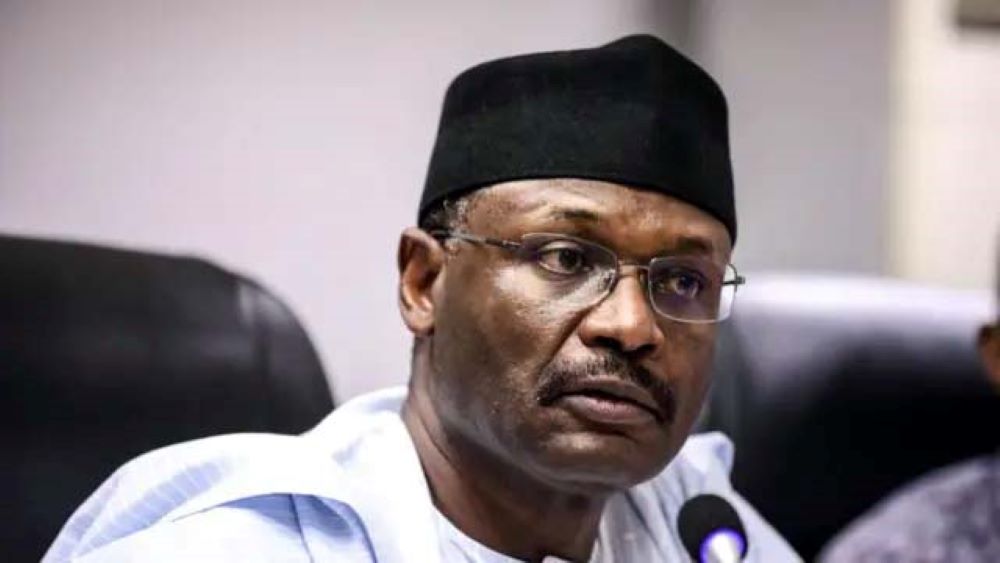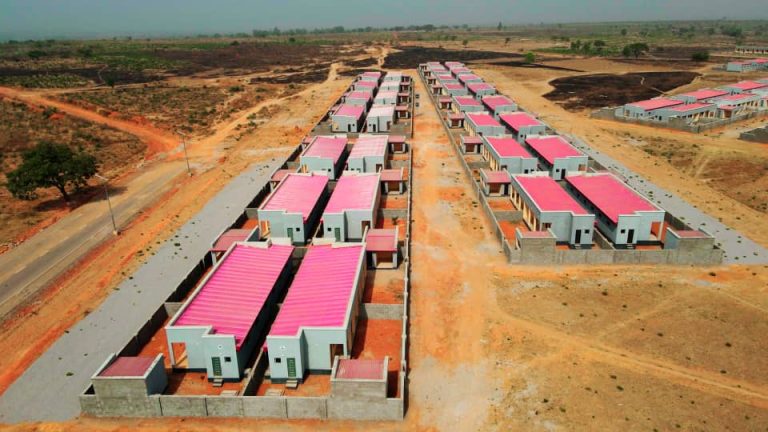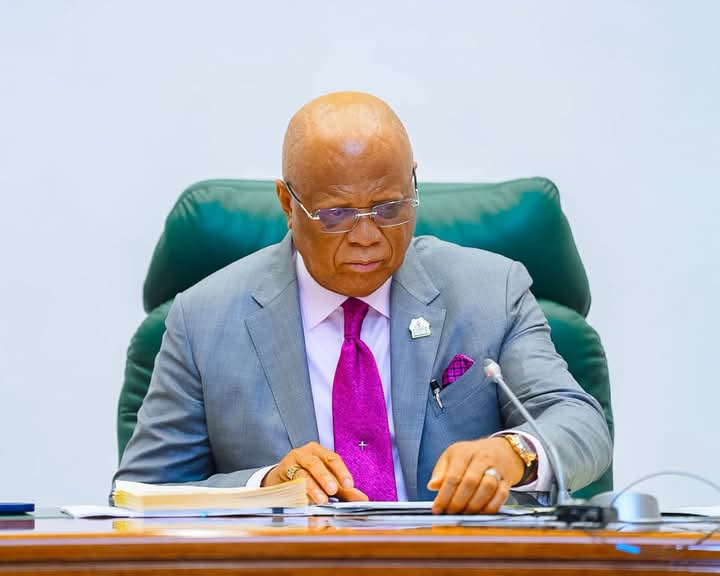
By Iliyasu Haruna Bala
The electoral system in Nigeria, once seen as a tool for democracy and a beacon of hope for political fairness, has over the years steadily declined into a mechanism that perpetuates political corruption and disenfranchisement. This decay, as glaring as ever, was evident in the recently concluded local government elections across several states, including Kaduna. What was expected to be a democratic process turned into a charade that underscored the rot within the system. The ruling party, as has become the norm, swept all the local government and councillorship seats, not through the will of the people but through a process that can best be described as “selection.”
In Kaduna, the State Independent Electoral Commission (KADSIECOM) announced that the ruling All Progressives Congress (APC) won all 23 local government seats and 255 Councillorship seats. What makes this announcement deeply troubling is not just the result itself, but how it was reached. Reports from various wards in the state indicate that in many places, no elections were conducted. Voting materials were absent, and no electorate showed up at polling stations. Yet, the results were announced, giving the ruling party absolute control. This scenario, replicated in many states across the federation, paints a grim picture of the state of democracy in Nigeria.
The Sham of Local Government Elections
By their very nature, local government elections are meant to bring governance closer to the people. At this grassroots level, the electorate should have the most direct influence on who governs them. However, the events in Kaduna and other states reveal that local government elections have become nothing more than an extension of the ruling party’s grip on power. The process is manipulated to ensure that the ruling party retains control, leaving the electorate disenfranchised and without a voice.
The idea that the ruling party would win every seat in every local government defies the logic of a true democratic process. In a country as diverse as Nigeria, with various ethnic, religious, and political divides, it is highly improbable that one party would enjoy unanimous support across the board. What is happening in states like Kaduna is not democracy; it is an imposition, a selection process that benefits those already in power while ignoring the will of the people.
The Role of the Judiciary
The judiciary is often referred to as the last hope of the common man, and in situations like this, it is more important than ever that the judiciary upholds its role as the guardian of justice and democracy. Many of these election results are being challenged in court, and as these cases come before the judiciary, Nigerians will be watching closely. The courts must rise to the occasion and deliver judgments that are not only fair but that reflect the true principles of democracy.
It is important to remember that the judiciary holds a sacred position in society. Judges are seen as God’s representatives on earth, entrusted with the task of ensuring justice is served. They must act with integrity and impartiality, recognizing that their decisions will shape the future of Nigeria’s democracy. If they fail to act decisively and uphold the tenets of democracy, the consequences could be dire.
The Implications for 2027
The decay in the electoral system, if left unchecked, could have disastrous implications for the 2027 general elections. If local government elections can be manipulated so blatantly, what assurance do Nigerians have that the general elections will be any different? The same tactics used to rig local elections could be employed on a larger scale, leading to a further erosion of democracy in the country.
Nigerians must wake up to the reality of the situation. For too long, the electorate has tolerated these shams, accepting the results of rigged elections with condemnation. This culture of silence and acceptance must change. Nigerians must demand better from their leaders and from the institutions that are meant to safeguard democracy. The time to act is now.
Civil society organizations, the media, and the electorate must continue to shine a light on these injustices. The fight for a free and fair electoral system is one that must be fought by all Nigerians. It is not enough to complain after the fact; the electorate must be vigilant and proactive in demanding transparency and accountability in the electoral process.
A Call for Electoral Reform
The decay in Nigeria’s electoral system is not a problem that can be solved overnight, but it is one that requires immediate attention. Electoral reform is essential if Nigeria is to move forward as a democratic nation. The current system, which allows for the manipulation of results and the disenfranchisement of voters, must be overhauled. The independence of state electoral commissions must be guaranteed, and measures must be put in place to ensure that elections are free, fair, and transparent.
The introduction of technology in the voting process, such as electronic voting systems, could help reduce the potential for fraud. However, even with technological advancements, the key to a successful electoral system lies in the integrity of the people who oversee the process. Electoral officials must be held to the highest standards of accountability, and those who engage in election rigging must face the full force of the law.
Conclusion
Nigeria’s electoral system is at a crossroads. The events in Kaduna and other states have shown that the current system is deeply flawed and in need of urgent reform. If the trend of rigged local government elections continues, it could spell disaster for the country’s democracy in the future. Nigerians must wake up and demand change, and the judiciary must act decisively to uphold the tenets of democracy.
The time to act is now or never. If Nigeria is to remain a democratic nation, the electoral system must be reformed, and those who seek to subvert the will of the people must be held accountable. It is only through collective action and vigilance that Nigeria can hope to have a truly democratic electoral process.
Iliyasu Haruna Bala writes from Jabi, Abuja.




